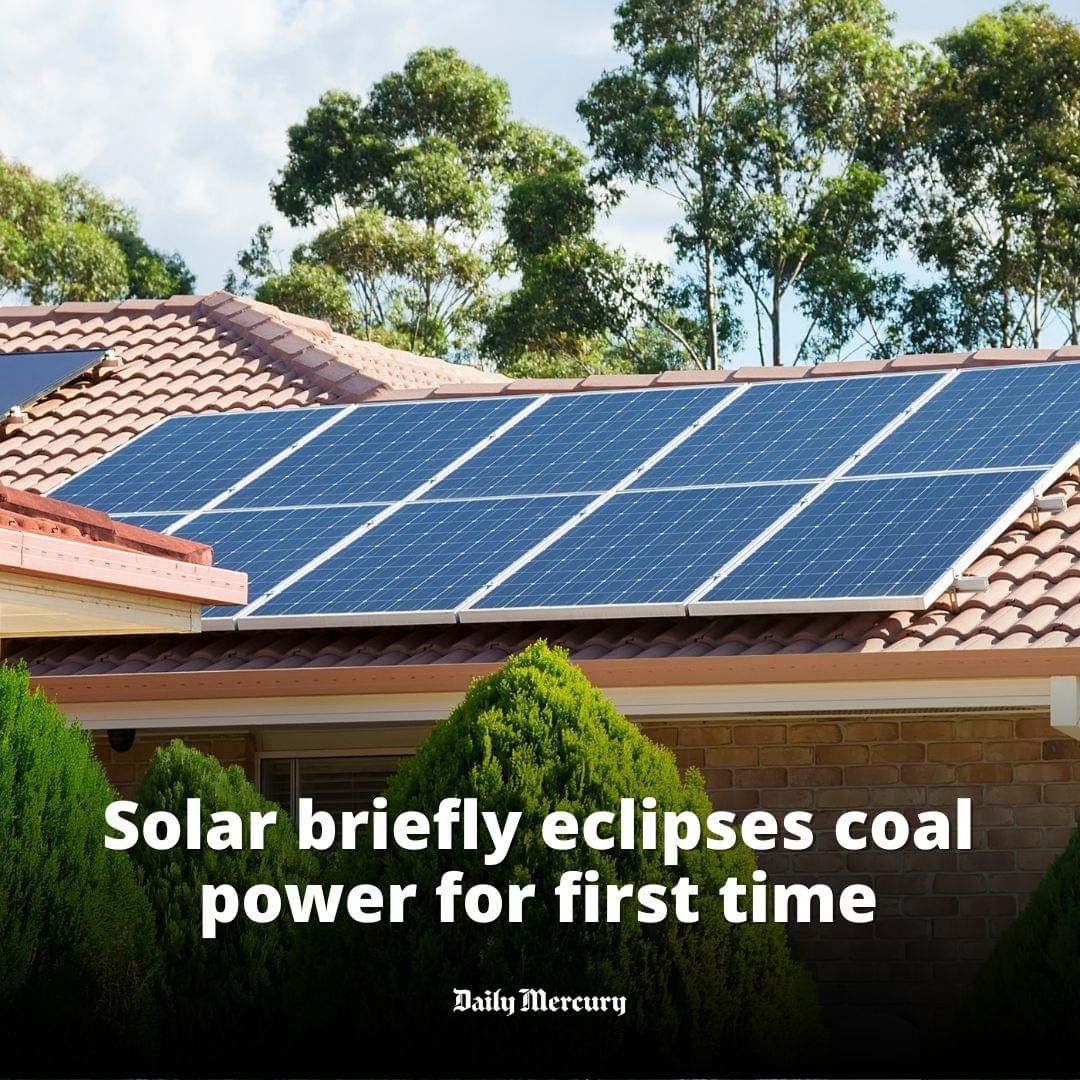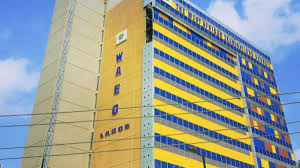Nigerian Federal Government Urged to Urgently Provide Solar Grid For Hospitals

By Onoja Baba, Abuja, Nigeria
A group of prominent health experts have urged the Nigerian Federal Government to swiftly implement solar grid systems in hospitals nationwide, to combat frequent power outages that threaten patient care.
The experts made these calls while speaking to Healthwise on Tuesday.
Highlighting the severe impact of inconsistent power supply on medical services, the stakeholders emphasised that hospitals often find it challenging to operate essential equipment and maintain critical services due to unreliable electricity.
They insisted that hospitals should be treated as essential infrastructure, deserving of a dependable and subsidised power supply.
Dr. Adewunmi Alayaki, a former chairman of the Nigerian Medical Association, underscored the importance of sustainable energy solutions.
He pointed out that the current erratic power supply endangers patient safety and hampers healthcare delivery.
Alayaki advocated for the adoption of solar grids to provide consistent and reliable electricity, thereby improving emergency response capabilities and enhancing overall resilience in healthcare facilities.
“The integration of solar energy into hospital infrastructure is not just about ensuring continuous power supply,” Alayaki explained. “It’s also about aligning with global trends towards renewable energy, reducing operational costs, and minimizing environmental impact.”
Dr. Dele Abdullahi, President of the Nigerian Association of Resident Doctors, echoed Alayaki’s sentiments, stressing the critical need for uninterrupted power in hospitals, noting that power outages can severely compromise patient care and the operation of vital medical equipment.
Abdullahi proposed a combination of immediate government subsidies to alleviate current electricity costs and a long-term strategy focused on implementing solar grids.
“In the short term, government subsidies are essential to ensure hospitals can afford continuous power,” Abdullahi said. “In the long term, solar grids offer a sustainable solution to the power crisis, reducing reliance on the national grid and expensive fuel generators.”
This call to action by health experts coincides with a recent resolution by the House of Representatives, which also highlighted the urgent need to address electricity issues in teaching hospitals, medical centres, and universities across Nigeria.
The House, during a plenary session, adopted a motion led by Mr. Bamidele Salam from Ede North/Ede South/Egbedero Federal Constituency in Osun State, urging the government to explore alternative power sources like mini solar grids to prevent service disruptions and save lives.
Salam warned that the new electricity tariffs are unsustainable for tertiary health institutions and could lead to a collapse of critical services if not addressed promptly.
He cited alarming figures, such as the N75 million monthly electricity bill for Ahmadu Bello University Teaching Hospital and the N119 million monthly cost for Aminu Kano Teaching Hospital, to illustrate the financial burden on these institutions.
In response to these concerns, the House called on the Federal Government to provide mini solar grids to reduce electricity costs and ensure reliable power supply for essential health and education services. <This message was edited>
Photo credit – Daily Mercury
categories
recent posts


admin - April 18, 2025
NIGERIA: Headies Awards Returns To Lagos With Star Performers For 17th Edition

admin - April 17, 2025
NIGERIA: Gunmen Attack Senator Natasha Akpoti-Uduaghan’s Family Home In Kogi

admin - April 17, 2025
NIGERIA: WAEC Introduces Unique Exam Papers For 2025 WASSCE

admin - April 17, 2025
